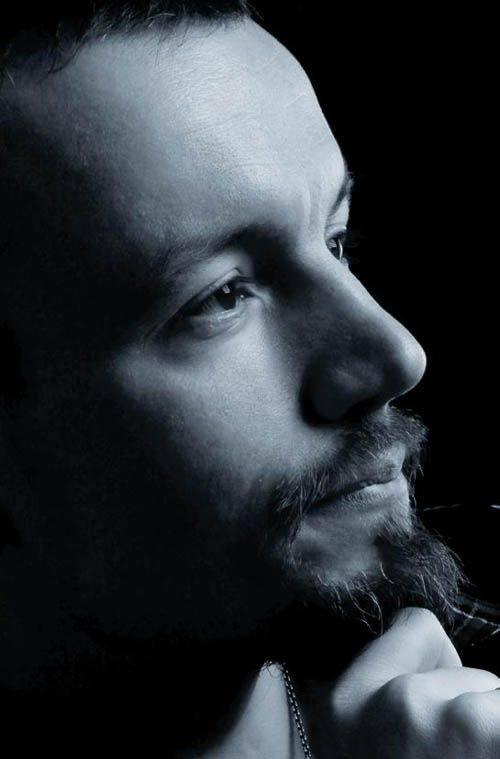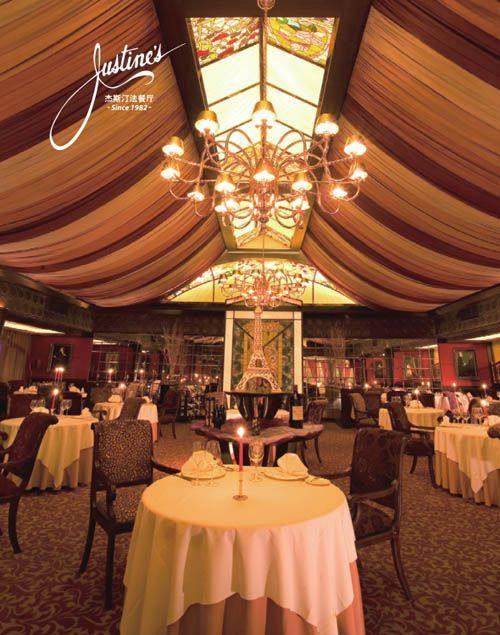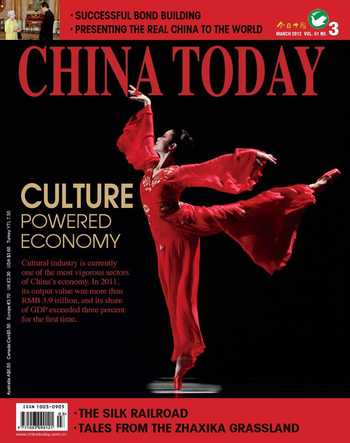Language imperialism

IF you are an American or European citizen, chances are youve never heard about shengren, minzhu and wenming. If one day you promote them, you might even be accused of cultural treason.
Thats because these are Chinese concepts. They are often conveniently translated as “philosopher,”“democracy” and “civilization.” In fact, they are none of these. They are something else. Something the West lacks in turn.
But that is irritating to most Westerners, so in the past foreign concepts were quickly removed from books and records and, if possible, from the history of the world, which is a world dominated by Western culture. As the philosopher Hegel once remarked, the East plays no part in the formation of the history of thought.
But let us step back a bit. Remember what school told us about the humanities? They are not the sciences! If the humanities were science, the vocabularies of the worlds languages would add up, not over- lap. Does that surprise you?
I estimate that there are over 35,000 Chinese words or phrases that cannot properly be translated into the English language. Words like yin and yang, kung fu and fengshui. Add to this another 35,000 Sanskrit terminologies, mainly from India and Buddhism, that include words like Buddha, bodhisattva and guru.
In a recent lecture at Peking University, celebrated linguist Gu Zhengkun explained that wenming describes a high level of ethics and gentleness of a people, while the English word“civilization” derives from an urban peoples mastery over materials and technology.
Tourists and imperialists do not come to be taught. They call things the same as they do at home. Then they realize that the names are not correct.
In many countries, adopting Chinese terminology is a taboo. Even the most noble-minded thinkers, such as the Nobel laureate Hermann Hesse, warned the Germans that “we must not become Chinese [...], otherwise wed adhere to a fetish.”
Next is “democracy,” a concept of Greek origin. “Democracy”originally had little to do with letting the mob vote, and even less with letting it rule the country; on the contrary, it meant that various powerful interest groups should fight over the resources, each by mobilizing their influential supporters from the City.
While in China we still see a family value-based social order, in the West we find an interest group-based social order. In your family, you do not apply strict laws or make contracts; instead you induce a moral code. When among strangers who fight against other interest groups, you simply cannot trust them like your own family, so you need laws.
Up to the 20th century, the Europeans believed China was not a proper “civilization,” because it had no police force, while China accused Europe of being without wenming because it lacked filial piety, tolerance, human gentleness and so on.
Finally, shengren is one of the most important concepts in Chinese tradition. Since the Europeans never had anything like it, but refused to acknowledge this to China, they instead omitted mention of shengren when talking about certain lesser versions of Greek “philosophers” or Christian “holy men.”
The English soon found a slightly better translation; they called shengren “sages,” from Latin sapientia – being wise.
The Germans however, the descendants of the Holy Roman Empire of the German Nation, never had a concept of sages or sagehood. In their effort to christen China, the Germans called shengren “Heilige” (saints), from Germanic hailaz –being holy.
Because of the many confusing translations, Confucius is said to be a paradox. He is not/ he is a shengren.
As the ideal human being, shengren is the highest member in the East-Asian family-based value tradition, a wise person that has the highest moral standards, called de, who applies the principles of ren (benevolence), li (propriety), yi (righteousness), zhi (wisdom) and xin (fidelity), and connects between all people as if they were, metaphorically speaking, his family.
Calling shengren in Asia “philosophers,” “saints,” or any other familiar name is the greatest historical blunder since Christopher Columbuss discovery of “the Indians” in North America.
The modern Chinese word for philosopher, zhexuejia, is nowhere to be found in any of the Chinese classics. In fact, zhexuejia came to China via Japan, where it is pronounced tetsugakusha, after Nishi Amane first coined the word in 1874. Yet, the Western public is constantly told, through our highly subsidized China scholarship, that Confucius is a “philosopher” and that Confucian thought is “philosophy.”
As Slavoj Zizek once said: “The true victory (the true “negation of the negation”) occurs when the enemy talks your language.” He suggested that the West would be irrational to adopt key Asian concepts. It would give away its Deutungshoheit – the prerogative of the final interpretation. Think about concepts like “democracy” or “human rights.”
In 1697, when the German culture was still young, the German philosopher Gottfried Leibniz famously argued that the Chinese were far more advanced in the humanities than “we are.” He never specified how, but I think it is revealed in his urging all Germans not to use foreign words, but their own language instead, in order to build and enlarge the Germanspeaking world.
And so they did. And so the Germans rose to the top. As expected, the Germans, the descendants of the Holy Roman Empire of German Nation, called Confucius a “heiliger” (a saint or holy man). Now, thats convenient. But is it correct scholarship?
In the 21st century, it will be necessary to depart from certain Western erroneous translations.
The East isnt just an appendix to the Western lingo; it has more to offer than the West could ever adequately translate. The key is to adopt foreign terminology. Only this way we can speak of a truly global language.
So on a future occasion in international relations we could discuss how were going to improve minzhu in Europe, and how to help Americas transition into a decent wenming.
Maybe the West just lacks shengren after all.


